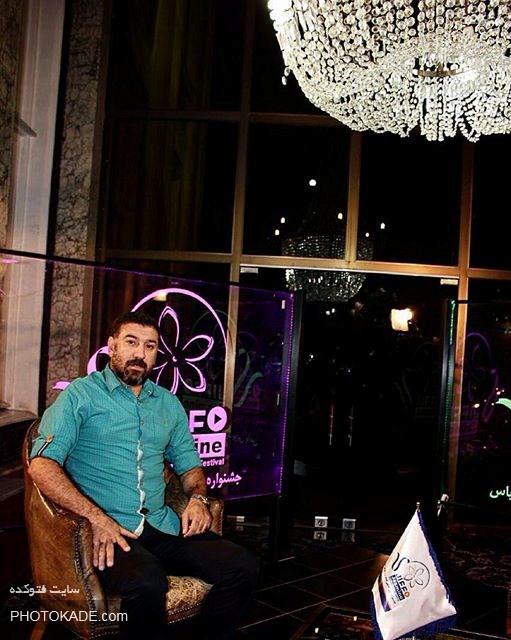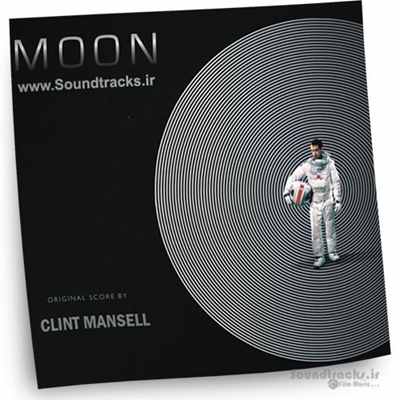
The 11 Presidential candidates who made the Independent Election Commission's (IEC) final list last week gathered in Kabul for a meeting with elections officials on Monday regarding the ordering of names on ballots to be used in the April vote.
The final list was published last week and saw the Presidential field grow by one, going from 10 to 11, after Dawoud Sultanzoi made his way back into the race after being initially disqualified by the IEC for having dual-citizenship with the U.S. Originally, the IEC had cut 17 candidates for the preliminary list.
At the meeting on Monday, IEC officials said the names of the Presidential hopefuls would appear on the ballot as follows:
1. Dr. Abdullah Abdullah
2. Dawoud Sultanzoi
3. Abdul Rahim Wardak
4. Qayoum karzai
5. Ashraf Ghani Ahmadzai
6. Sardar Mohammad Nadir Naeem
7. Zalmai Rasoul
8. Qutbuddin Hilal
9. Gul Agha Sherzoi
10. Abdul Rab Rasoul Sayyaf
11. Hidayat Amin Arsala
Reportedly the ballots for the Provincial Council elections, which is expected to see 2,713 candidates, is still in the process of being made.
Ahmad Yousuf Nooristani, the head of the IEC, took the opportunity on Monday to warn candidates that the Election Commission would take legal action against anyone who violates the Election Laws and begins campaigning ahead of the official campaigning period, which doesn't begin until February 2.
The campaign period this year is markedly shorter than in past years.
Meanwhile, on Monday, a number of candidates spoke about the election process, their hopes and expectations.
"It's the beginning, we hope that the next steps go forward with transparency to protect the interests of the Afghan people so that Afghans are able to contribute to the democratic process," Presidential Candidate Sultanzoi said. "The election could play a vital role, and the people of Afghanistan expect that they [the election officials] will continue their jobs until the end of the process, otherwise, the election would lose its credibility."
The IEC came under fire after the release of the preliminary list back in October for supposedly not conducting itself transparently and evaluating candidates with flawed methodology. Civil society groups demanded the IEC do more to open up its election process to media and election monitoring groups.
The ECC, in a way, responded for the IEC by announcing its complaints review process would be done entirely in front of observers from media, monitoring groups, human rights advocates and so on.
"its was a good process, if the Election Commission continues to work with transparency and conduct the job in front of media and representatives of the people we can expect a transparent and fair elections," said Mohammad Asim, the representative of Presidential candidate Abdullah Abdullah.




















